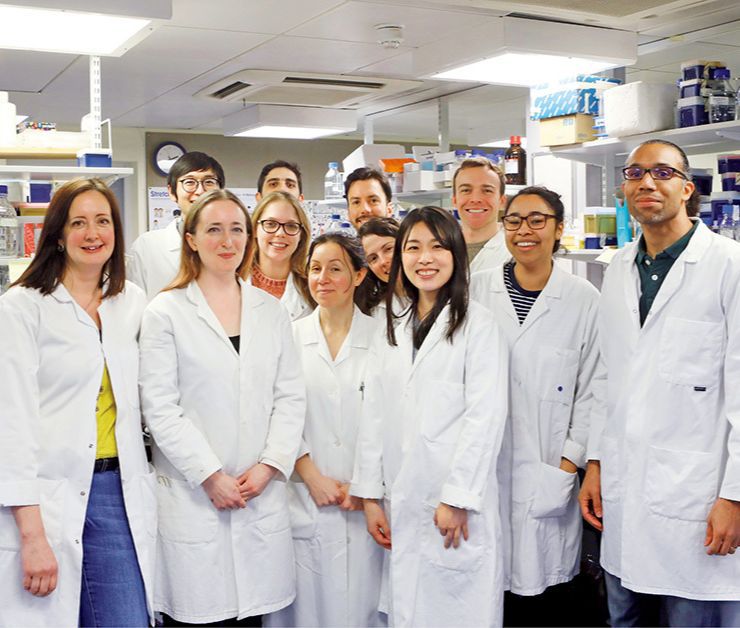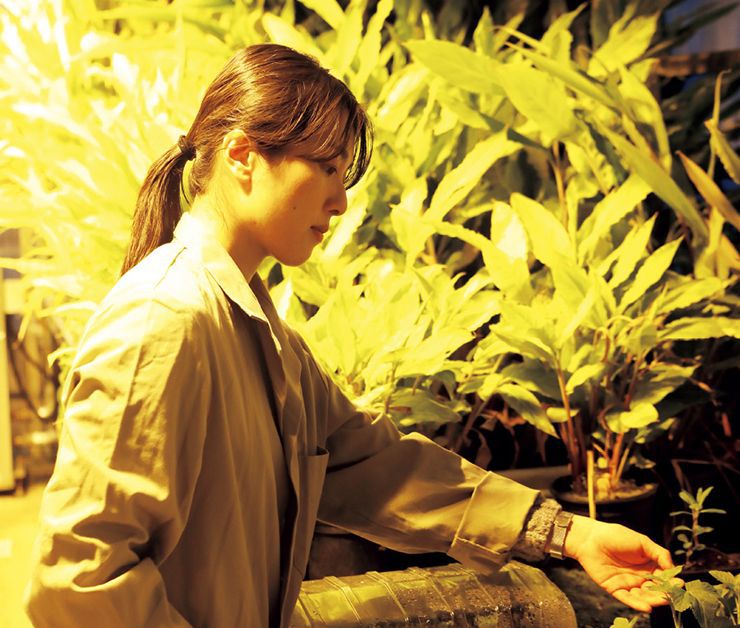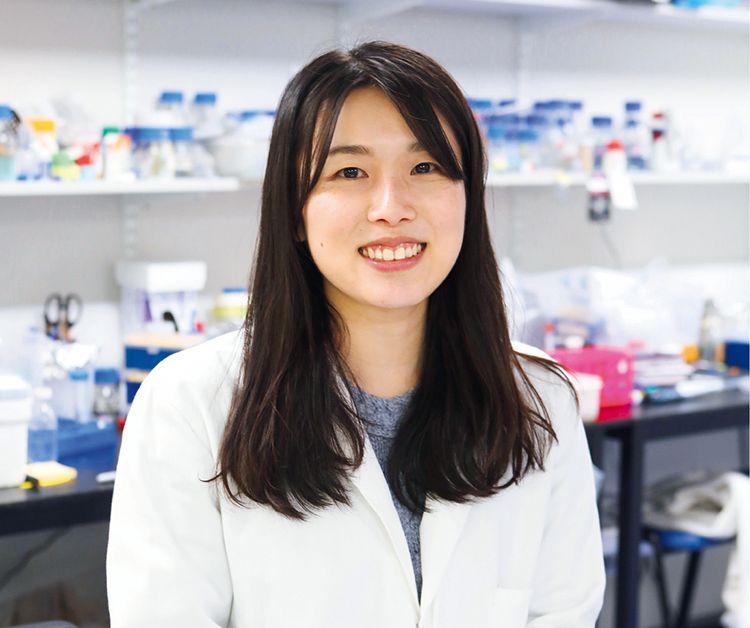Japanese molecular biologist NOMOTO Mika has won a prestigious international female scientist award for her research, which is expected to alleviate the world’s food shortage. With her persistently-inquiring mind, she aims to develop technologies that can contribute to society.
For the past 21 years, the French cosmetics group, L’Oréal, together with UNESCO, have been presenting annually the L’Oréal-UNESCO for Women in Science Awards to female scientists who have made outstanding achievements in the sciences. Assistant Professor NOMOTO Mika of Nagoya University was selected as a recipient of the 2019 International Rising Talents award, an accolade that supports promising young researchers.
Nomoto is working on research related to the creation of plants that are resistant to both pathogens and pests. While those plants have improved, there has been a dilemma involving increased immunity to bacteria that inadvertently makes them vulnerable to pests. Nomoto is the first person in the world to have analyzed this mechanism using an artificial protein-synthesis system. Her discovery will play a big role in overcoming the dilemma. Nomoto’s work is expected to lead to the development of innovative chemicals that can help reduce crop damage. This in turn, should help alleviate the world’s food shortages.
Nomoto grew up surrounded by plants in a rich, natural environment. “I’m always excited to get the results after experimenting with different hypotheses. Even if the results are different from the hypothesis, it’s interesting to know if plants are designed for these actualities.”
During her graduate school years, Nomoto had difficulty obtaining the proteins necessary for her research. Together with her academic advisor, Professor TADA Yasuomi, Nomoto established a technique to significantly reduce the time required for protein synthesis. It consequently gained prominence as a technique that could drastically help research facilities where proteins are handled, and as such, she founded a start-up company in 2016. Nomoto mentions that it is difficult to be engaged in two lines of work at the same time, but feels a sense of satisfaction when users are happy that their research has gone smoothly.
These days, Nomoto is a temporary member of the Spoel Lab at the University of Edinburgh in an international program for young people at Nagoya University. The break-through in plant immune responses that led to the International Rising Talents award was also the result of research with Dr. Steven Spoel. There are many women involved with the Spoel Lab and Nomoto feels encouraged to see these women able to balance their careers with family or childcare. “Research is a great profession that can allow one to continue to grow, so I want people to know that there are plenty of women involved in this area. Diversity is also needed to generate the many ideas that lead to advances in science. Because of that, I’d like to see a higher number of female scientists.”
Nomoto’s words are filled with the elation of making new discoveries and the joy and appreciation of working with many people through research. She is now working on developing techniques that can have an immediate impact on the world. Nomoto is also considering starting a new business based on those techniques.
Nomoto continues to believe in her own potential, courageously taking on the challenge. It seems that we are entering a time when many women, following in the footsteps of Nomoto, are choosing a career in science.

With members of the University of Edinburgh’s Spoel Lab. (Nomoto, fourth from right and Dr. Spoel, far right).

Nomoto is eager to decode the full story behind the plant immune system with its many unknowns.

Nomoto said that she has never felt any barriers in her career thanks to senior researchers paving the way. She hopes that more female researchers will emerge for the future of science.






























